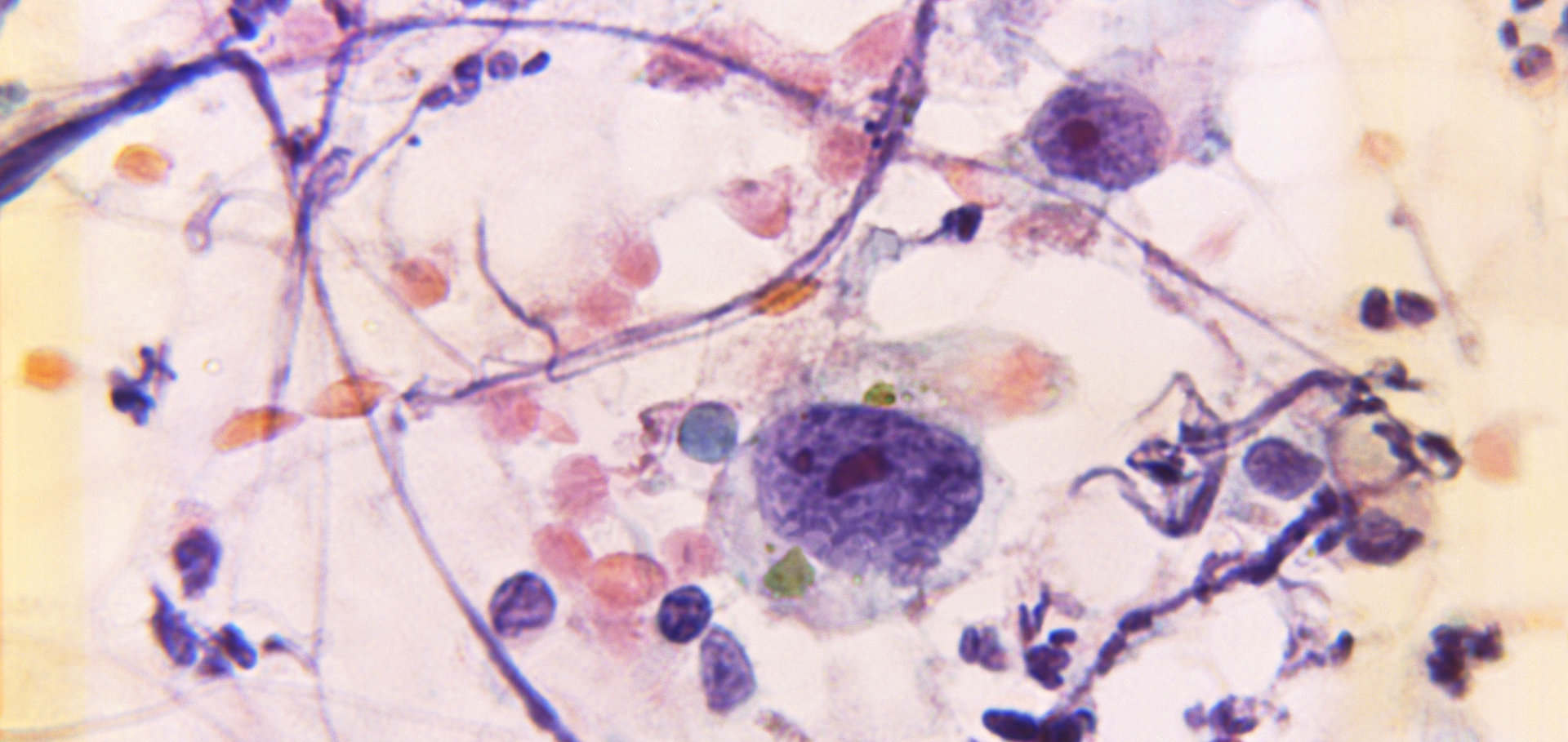Francesco Schettini, Mario Giuliano, Fabiola Giudici, Benedetta Conte, Pietro De Placido, Sergio Venturini, Carla Rognoni, Angelo Di Leo, Mariavittoria Locci, Guy Jerusalem, Lucia Del Mastro, Fabio Puglisi, PierFranco Conte, Michelino De Laurentiis, Lajos Pusztai, Mothaffar F. Rimawi, Rachel Schiff , Grazia Arpino, Sabino De Placido, Aleix Prat and Daniele Generali
Endocrine-Based Treatments in Clinically-Relevant Subgroups of Hormone Receptor-Positive/HER2-Negative Metastatic
Breast Cancer: Systematic Review and Meta-Analysis,
MDPI, Cancers, 2021
Affiliations:
Department of Clinical Medicine and Surgery, University of Naples “Federico II”, 80131 Naples, Italy;
Translational Genomics and Targeted Therapies in Solid Tumors, IDIBAPS, 08036 Barcelona, Spain;
SOLTI Breast Cancer Research Group, 08008 Barcelona, Spain
Unit of Biostatistics, Department of Cardiac, Thoracic, Vascular Sciences and Public Health,
University of Padova, 35122 Padova, Italy;
Breast Unit, IRCCS Ospedale Policlinico San Martino, 16132 Genoa, Italy;
Department of Management, University of Turin, 10124 Turin, Italy;
Centre for Research on Health and Social Care Management (CERGAS), SDA Bocconi School of Management,
20136 Milan, Italy;
“Sandro Pitigliani” Medical Oncology Department, Hospital of Prato, 59100 Prato, Italy;
Department of Neuroscience, Reproductive Medicine and Odontostomatological Sciences, University of
Naples Federico II, 80131 Naples, Italy;
Medical Oncology Department, Centre Hospitalier Universitaire de Liège and Liège University,
4000 Liège, Belgium;
Department of Internal Medicine and Medical Specialties (DIMI), School of Medicine, University of Genoa,
16132 Genoa, Italy
Department of Medicine, University of Udine, 33100 Udine, Italy;
IRCCS Centro di Riferimento Oncologico Aviano, National Cancer Institute, 33081 Aviano, Italy
Department of Surgery, Oncology and Gastroenterology, University of Padova, 35122 Padova, Italy;
Division of Medical Oncology 2, Istituto Oncologico Veneto–IRCCSS, 35128 Padova, Italy
Breast Oncology Unit, INT-Fondazione “G. Pascale”, 80131 Naples, Italy;
Department of Medicine, Yale University School of Medicine, New Haven, CT 06510, USA;
Dan L Duncan Comprehensive Cancer Center, Baylor College of Medicine, Houston, TX 77030, USA;
Department of Medicine, Baylor College of Medicine, Houston, TX 77030, USA
Department of Molecular and Cellular Biology, Baylor College of Medicine, Houston, TX 77030, USA
Department of Medical Oncology, Hospital Clínic, 08036 Barcelona, Spain
Department of Medical, Surgery and Health Sciences, University of Trieste, 34127 Trieste, Italy
Breast Cancer Unit, Azienda Socio Sanitaria Territoriale di Cremona, 26100 Cremona, Italy
Abstract
A precise assessment of the efficacy of first-/second-line endocrine therapies (ET) ± target therapies (TT) in clinically-relevant subgroups of hormone receptor-positive (HR+)/HER2-negative metastatic breast cancer (MBC) has not yet been conducted. To improve our current knowledge and support clinical decision-making, we thus conducted a systematic literature search to identify all first- /second-line phase II/III randomized clinical trials (RCT) of currently approved or most promising ET ± TT. Then, we performed a meta-analysis to assess progression-free (PFS) and/or overall survival (OS) benefit in several clinically-relevant prespecified subgroups. Thirty-five RCT were included (17,595 patients).
Pooled results show significant reductions in the risk of relapse or death of 26–41% and 12–27%, respectively, depending on the clinical subgroup.
Combination strategies proved to be more effective than single-agent ET (PFS hazard ratio (HR) range for combinations: 0.60–0.65 vs. HR range for single agent ET: 0.59–1.37; OS HR range for combinations: 0.74–0.87 vs. HR range for single agent ET: 0.68–0.98), with CDK4/6-inhibitors(i) + ET being the most effective regimen.
Single agent ET showed comparable efficacy with ET+TT combinations in non-visceral (p = 0.63) and endocrine sensitive disease (p = 0.79), while mTORi-based combinations proved to be a valid therapeutic option in endocrine-resistant tumors, as well as PI3Ki + ET in PIK3CA-mutant tumors. These results strengthen international treatment guidelines and can aid therapeutic decision-making.
Conclusions
Combination strategies appear to be more beneficial than single agent ET in the treatment of postmenopausal, visceral, bone-only and endocrine-resistant tumors, while single agent ET might still be considered in selected cases for the upfront treatment of endocrinesensitive tumors and in tumors without metastatic visceral involvement. CDK4/6i+ET combinations were the most effective treatment in the first-/second-line settings irrespective of tumor metastatic distribution and PIK3CA mutational status, as well as in endocrine-sensitive tumors. In the case of endocrine-resistance, CDK4/6i-based regimens were significantly and consistently effective in prolonging both PFS and OS, however mTORi-based regimens were apparently favored over the others, although some concern remains regarding this result. PI3Ki + ET regimens were effective in PIK3CA-mutant
patients. Overall, we provide strong evidence to further support the main international treatment guidelines [16–18] and to help clinicians in tailoring their treatment choices in specific patients’ subgroups.

